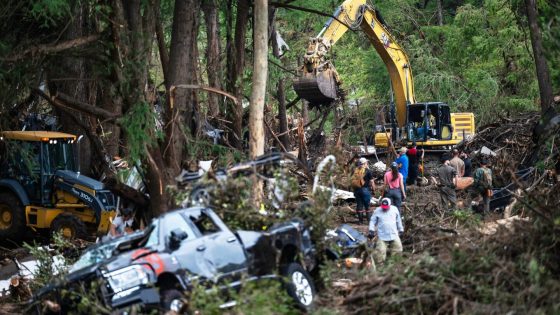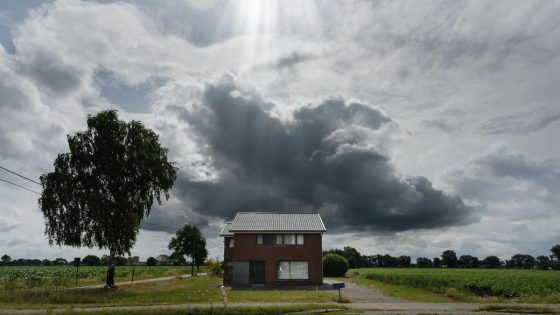Ingram, Texas, is currently grappling with the aftermath of devastating floods that have left over 160 people missing. As of July 9, 2025, volunteers like Margo Mellon are tirelessly searching the muddy terrain for victims, including children, after the Fourth of July weekend disaster.
- Over 160 people missing after Texas floods.
- Search efforts focus on body recovery now.
- Mental health support crucial for responders.
- First responders experience high PTSD rates.
- Community ties complicate recovery efforts.
- Shift towards acknowledging mental health needs.
The grim reality of recovery efforts has raised important questions about the mental health of first responders. With a staggering death toll exceeding 100, including 30 children, the emotional toll on those involved in recovery operations is significant.
How can we better support those who risk their lives to help others? The challenges faced by first responders during such crises are immense, and the need for mental health resources is becoming increasingly clear. Consider these points:
- First responders often work on autopilot, which can mask emotional distress.
- Support systems, including mental health resources, are crucial for processing trauma.
- Many responders may be recovering bodies of people they know, intensifying the emotional burden.
- Awareness of mental health issues in emergency services is growing, but more work is needed.
As recovery efforts continue, it’s vital for communities to rally around their first responders, ensuring they have the support needed to cope with the emotional weight of their work.
































